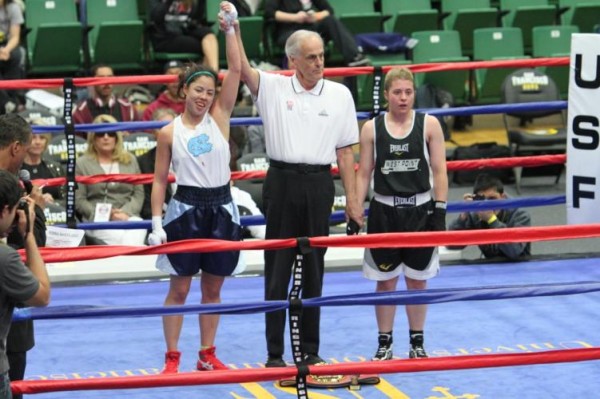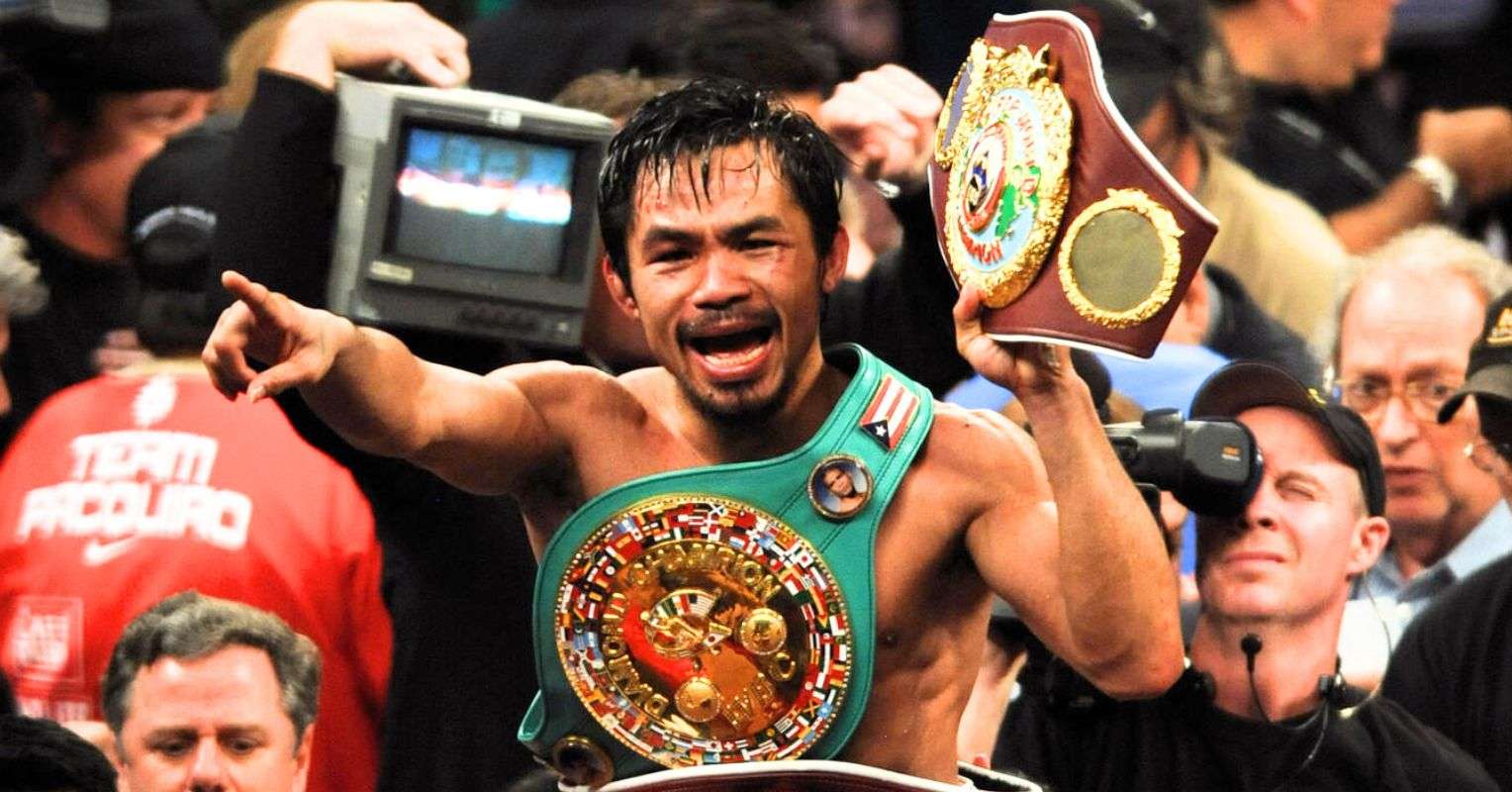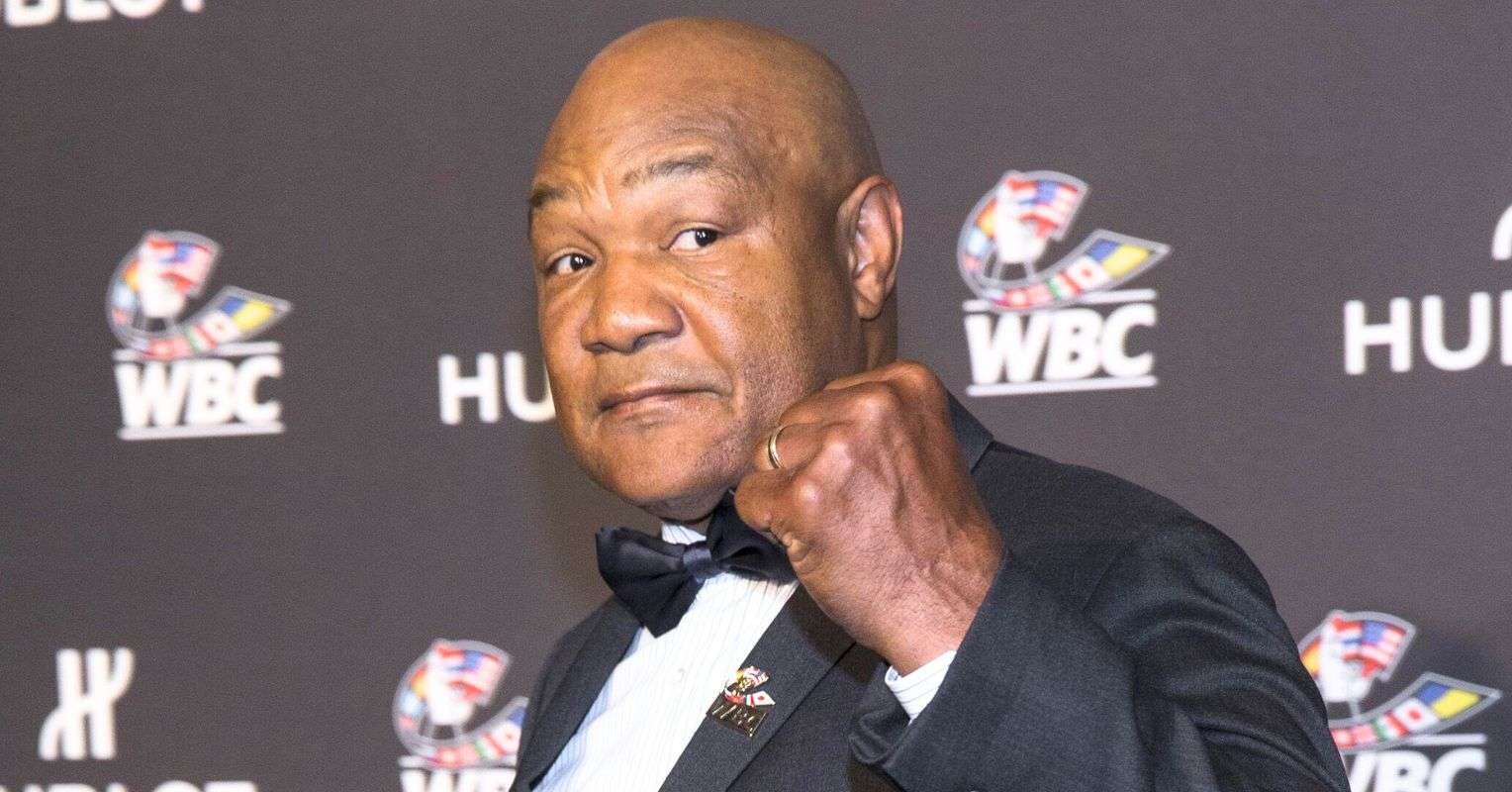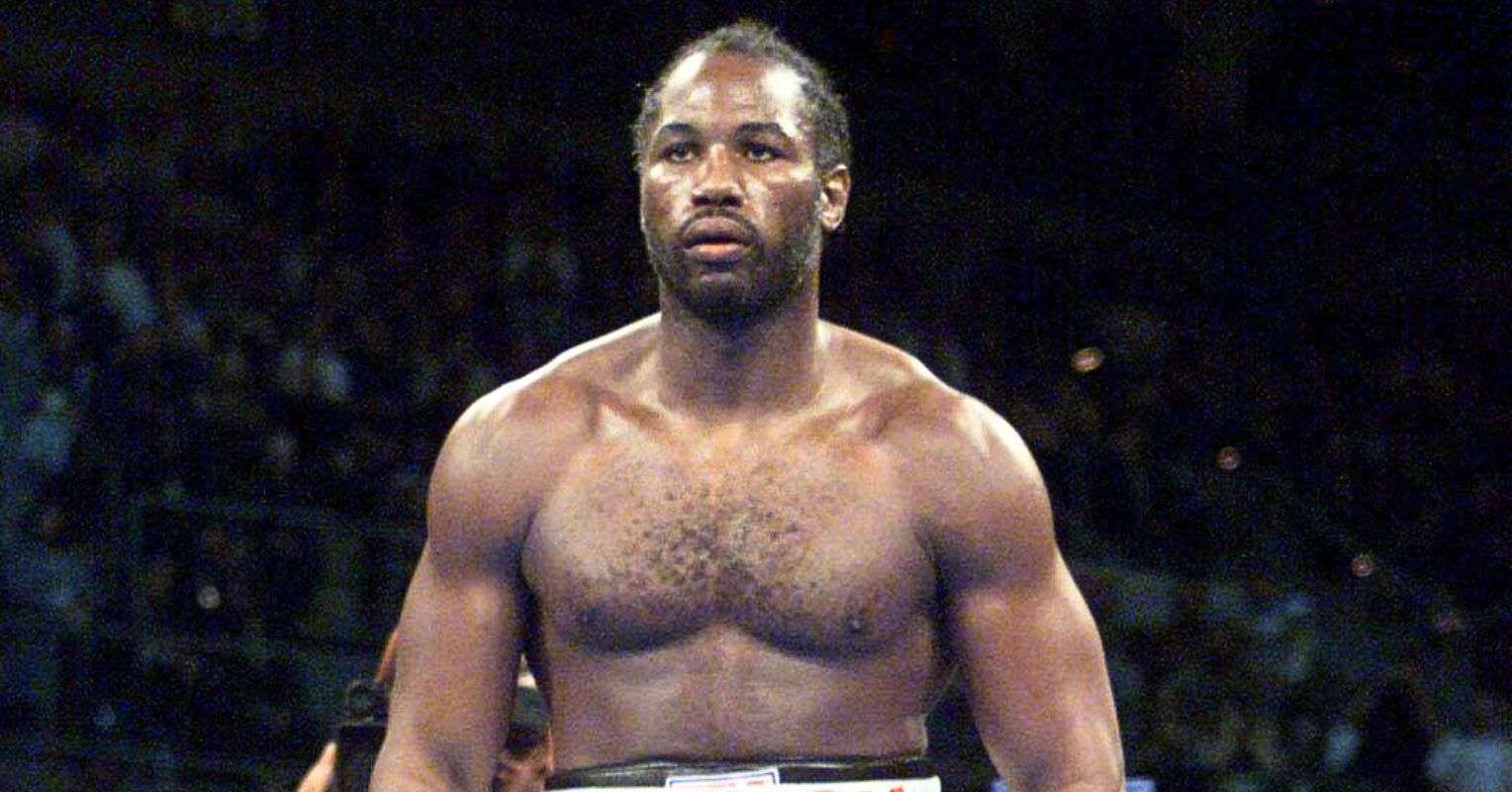
Photo courtesy of USIBA/CollegeBoxing.org
Post National Collegiate Athletic Association (NCAA) era, American collegiate boxers are now in the midst of a toe-to-toe match between two running boxing governments: the National Collegiate Athletic Association (NCBA) and the United States Intercollegiate Boxing Association (USIBA).
College boxing used to have more fame when it was a part of the NCAA, but after a Wisconsin-Madison boxer died as a result of an unfortunate bout (details are fuzzy depending on who is talking), boxing was kicked out in 1960, after being deemed too unruly and violent to support.
These words almost sound like a compliment to the boxing community.
NCBA was formed 16 years later, cleverly establishing their logo as “Safely Governing College Boxing Since 1976”, and has since swept the country. The association is divided into three regions across the country, each responsible for hosting regionals before meeting for the national show in spring.
For several decades, this boxing government thrived, with over 30 schools responding under it, and holding 17 shows in just this current season.
In recent years, a slight attitude shift took place, forcing USIBA to be formed.
The first concern was based around the academy schools having an unfair advantage since their teams were substantially larger, had a longer training period and hosted closed shows that only academy schools were allowed into, thus allowing their fighters to have more experience.
Acknowledging and permitting sanctioned female bouts was a larger driving point for the foundation. After the Army and Air Force overlooked female fighters in the 2011 and 2012 national championship, USIBA was quick to advertise their acceptance towards girls in the sport.
In fact, USIBA is still boasting on the front page of their website that under their government, the University of San Francisco hosted their first co-ed show in 2013.
To make the switch more appealing from NCBA to USIBA, the new group is eager to hand out boxing scholarships towards incoming freshman fighters. Top schools like University of Nevada, Reno, Lock Haven University, Miami University, and the academy schools aren’t budging, however.
To parry USIBA’s strong move, NCBA has responded with a larger acceptance of female fighters on a national level, as well as effectively spreading the connotation that USIBA is nothing but a bunch of pansy boxers.
NCBA’s focus is on the fact that USIBA doesn’t believe the competition is fair with the academy schools, to which many universities’ response is along the lines of “not to us.” These schools that are hard NCBA fans see the competition as an excuse to train harder for nationals, not just drop out and create their own league.
The fight between the two groups is far from over, but we can expect to see the country’s collegiate teams become more divided before they are united by one government.



